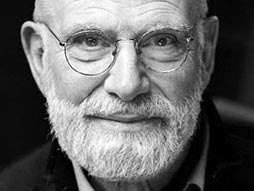.
Quailsong flower of streets
Magpiesong flower of forests
Wolfsong flower of waters
Lovesong flower of night
Deathsong flower of spots
Drunkentears fruit of dawn
Embracingtears fruit of eyes
Welcometears fruit of hands
Mytears fruit of my lips
Myweeping fruit of time.
–Robert Desnos
Todd Sanders translation
.























